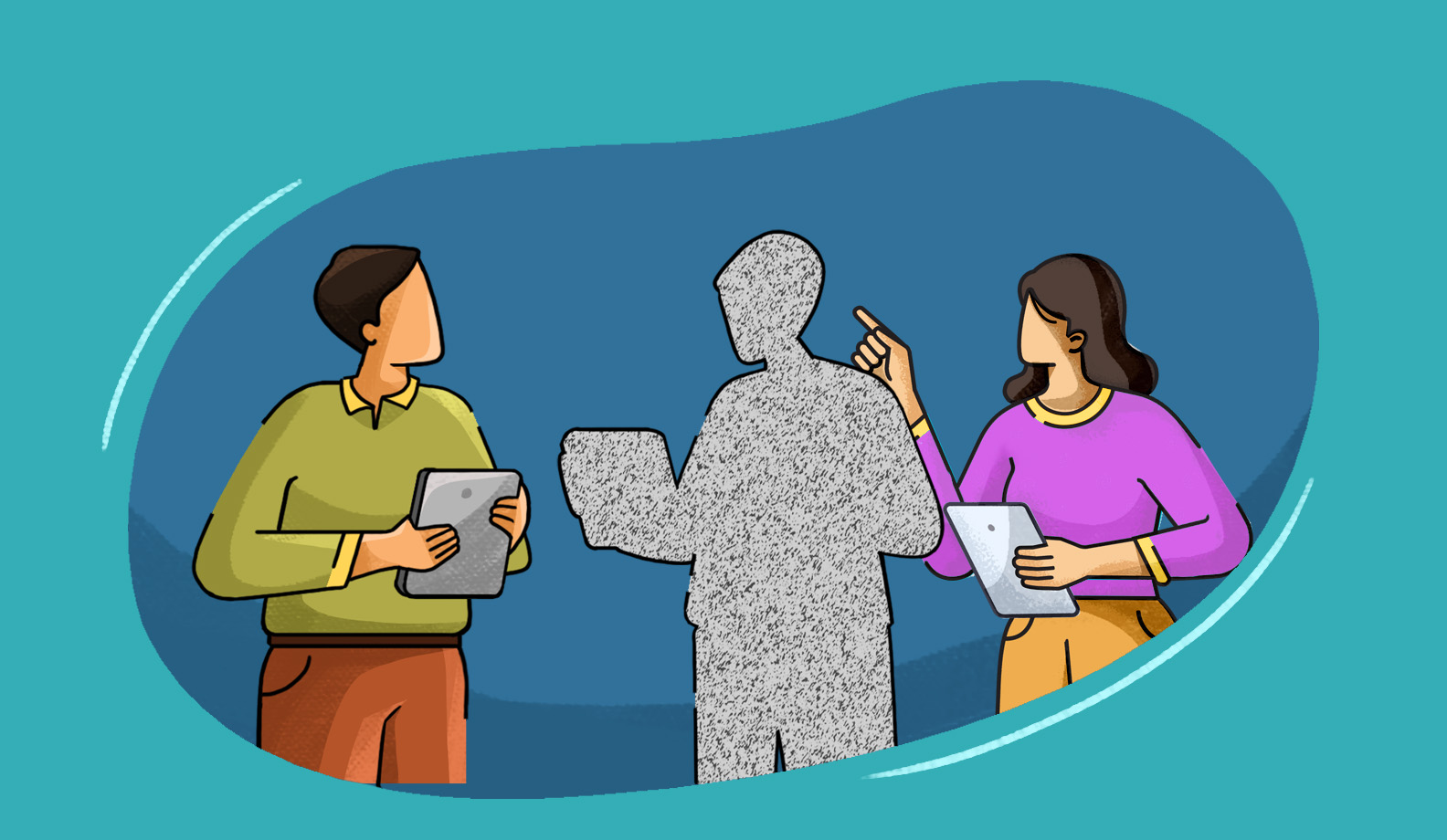Why our CEO encouraged employees to hide their identities

From surfing the web using Ulaa to taking notes on Zoho Notebook, Zoho employees constantly and almost exclusively use Zoho software for all their work needs.
This phenomenon is called dogfooding. The advantage of dogfooding, i.e., a company or person using their own product, is that flaws can be caught early, and the end customers can be rewarded with a more optimal product experience.
Formalizing the process
We decided to take this one step further and formalize the whole process of product refinement through dogfooding. We created a Connect group called Zoho on Zoho (let's call it ZoZ for short) where any employee of ours can provide feedback on any Zoho product. It could be a bug, a glitch, a feature that's not delivering value, a confusing UI choice, or just a less-than-pleasant user experience. If a product has an obvious shortcoming, this would be a forum where it is addressed.
It was supposed to work like this. Let's say the way to navigate back to the home screen wasn't obvious on Zoho Notebook. A user could create a post about it on ZoZ. All Zoho employees would be able to see it. The Notebook team themselves would see it, and a member of the team would confirm with a comment that they would look into it and take measures to rectify it.
The expectation
Given that our employees use our products, the idea was that we would catch and solve as many issues as possible across our product portfolio, ensuring fully optimized experiences for customers.
But it wasn't happening. People just weren't using ZoZ as much as we expected.
ZoZ faced a serious obstacle, and it was a combination of two simple facts.
People are too nice.
And also scared of being judged.
With names and profiles attached to the posts, employees felt hesitant to critique the work of other teams publicly while exposing themselves.
The solution
Our chief scientist, Sridhar Vembu, who was the CEO at the time, believed that solving this issue for our employees would encourage them to post more often.
At his behest, we enabled anonymous posts for this group. Things changed quickly. Anonymity lowered the inhibitions of potential posters, ensuring that if there were any rough edges to a product, the team working on it would inevitably get to know about it.
Today, ZoZ is a highly active group. What's more, anonymity has enabled value not only in the form of posts but also in the form of the numerous comments under many of the posts.
When a person posts, they flag an issue and perhaps offer a solution. But the commenters offer alternate perspectives, creative solutions, and more. Sometimes, whole brainstorming sessions get underway, with people from engineering, marketing, support, and sales pitching in passionately with their takes, focusing on every tiny detail and elevating our products to new levels in the process. Who wins in the end? Our customers, of course.
How harnessing anonymity can be beneficial
Unfiltered opinions: People don’t have to hold back when it comes to their feedback and opinions. Sometimes, candid feedback is required to address and solve an issue properly. When people have to worry about how they might come across or how their statement will reflect on them, it's the organization that loses out. Anonymity allows people to say what's on their mind.
Cross-hierarchical feedback: An employee doesn't have to let their rank or designation prevent them from making their voice heard. It's important for a company to hear all sorts of perspectives from across the board, and not just managers.
Cross-disciplinary feedback: Sometimes, a developer needs to hear a salesperson's perspective or vice versa. Anonymity lowers the inhibitions for people from across disciplines to converse and share ideas.






